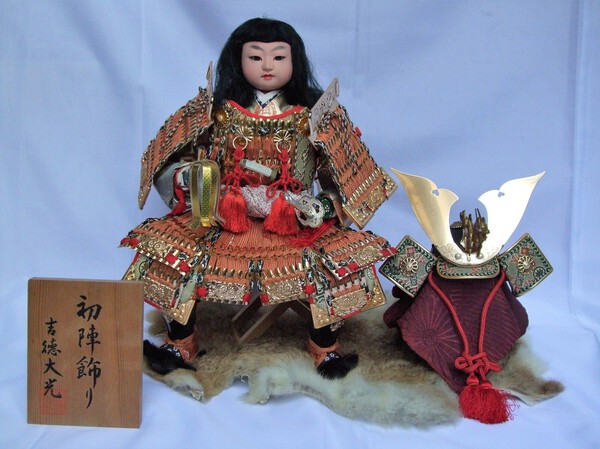-
Posts
1,690 -
Joined
-
Last visited
-
Days Won
11
Everything posted by Dave R
-
-
I see the permanent stitched and shrunk leather tsuka covers as a "quick and dirty" fix for dodgy condition hilts, either old and crumbly or new and damaged. It didn't matter much, as soon as you could you got a more permanent solution, but it did the job at the time.
-
Beetle wing covers were very popular in India, and early 19thC England, usually as an embroidery highlight. I picked up a small sample of top end Indian work some years ago. A small snippet of a Rajahs sash from 1794. Cloth of silver, Gold and Beetle wing. I am posting a few pics of the piece because of the way the light changes on it as it is moved round.
-

Original Late War Army Tsuka Question
Dave R replied to Conway S's topic in Military Swords of Japan
When needed I buy either an already stripped core, or one so knackered that stripping it would be no loss to history anyway. A quick bath to dissolve the rice glue and then re-cut to fit. Ideally one with the metal mounts, like this one I got from fleabay a while back. -

How to fill in nakago holes
Dave R replied to Larason2's topic in General Nihonto Related Discussion
Hot punched or possibly a "bow drill". -
A very Japanese take on the typical "drummers and stretcher bearers" sword in the West.
-
I have seen a few of these leather sets from Afghanistan, and owned one of them some years ago. Afghanistan is very mixed ethnically, think of it as a pyramid, and each side heavily influenced by the nearest neighbour, China, India, Iran and "Kazakhstan". The inverted comma is because I really don't know a better term for this area of northern Asian states, officially Russian but culturally not.
-
WWII = full auto on the battlefield, lots of bullets, lots of hits.
-
The upper hole in the flatter section is for the sarute barrel to pass through. I have a set that going by size were made for an old sword "upgraded" to being a shin-gunto, and much the same. The photo is of it as it was when purchased, since cleaned and stabilised. I posted more about it some time ago.
-
They are reinforces for Tsuka, sometimes applied to new Shin Gunto, more often as a quick and dirty supplement to an older sword refurbished for war. I have a set with the original wood core, that then had Samegawa applied over. Go way back to Edo and you find really nice decorative ones used in place of Same.... These are not them though!
-
Possibly for handling charcoal or hot coals?
-
The "chip" is the killer, there may very well be a hagire as well.
-
My take on this is that most shooters do take care of a gun when it is in use, but once it is laid aside, especially if now obsolete, than it takes its chances. A bit like not buying new tyres for the car you are going to sell or scrap, even if it really needs them.
-

Coolest hamon I’ve ever seen on a Gunto
Dave R replied to Bridges's topic in Military Swords of Japan
Any idea of the maker? It looks like either an Amahida mixed metal or a "Han-tan-ren" Showato. -

Controversial topic: Cleaning the nakago
Dave R replied to Bridges's topic in Military Swords of Japan
Well the late great Darcy Brockbank had something to say about this, and I was going to link to his words, but his blog seems to be currently unreachable..... I suppose in the end, there is cleaning, and "cleaning". I picked up a wakizashi blade some time ago with a very "clean" nakago, for a very bargain price, but I took a punt on it. Later at one of the Northern To-Ken meetings it was pointed out that it had at one time a Mei, now removed, and this would have been when it was scrubbed. Still a nice blade with a lot of meat on it and a double habaki with traces of gilding where protected. Sorry for the poor pics, my photos tend to be a personal record rather than for display. -

Buckle rather than a snap button on leather field cover??
Dave R replied to dwmc's topic in Military Swords of Japan
I have seen buckles used before on original WWII leather field covers so no problem there.... But neither this nor the cover look right to me. The leather looks of the wrong type and quality, the workmanship poor and the clincher is the lack of a sewn leather chape on the end of the saya cover. I think it's a post war jobby. -

Mumei Guntō Fake or Real?
Dave R replied to Minseito1941's topic in General Nihonto Related Discussion
But they have been seen before, the problem is that for the last 50 years or more all the smart boys have shouted "Fake" and walked away........ and still do! -
Fear of Dolls! Not just for the Japanese, I got this one some years ago and put him on display every so often. More than once I have been asked to turn him away from people because he makes them uncomfortable.
-
I am thinking made for subject troops in China. We know that the Japanese authorities did not allow such to carry genuine Gunto, but were OK with "lookalikes". Would I buy one, not at an online auction, not without handling, and not for much money. I would pay curio prices perhaps, if there was not anything better on the tables.
-
My two pennyworth. I reckon the tang was cut down to make it "fit" another tsuka, either for sale or display. The remains of glue on what remains of the tang is possibly confirmation of this scenario. (It could even have been cut down to fit a suitcase or a box). What I would do is buy in a tsuka and tsuba plus seppa and habaki that are "sort of OK" and similarly bashed about and keep it as a wall hanger. Oil the blade, treat the leather and enjoy it as a WWII relic. Regarding the length, I have seen shin gunto in all sizes, for all sorts of reasons, so I wouldn't sweat it. You will never get back what you pay for a proper job, so go cheap and then look for something better..
-
They were a complete household of armed retainers, so ranged from aged veterans to young punk apprentices.
-
I remember reading on one site, that was specifically about Edo period coin production, that Chinese Cash were twice the value of the Japanese coins, which makes sense, as they were an internationally accepted currency rather like Dollars. So where did they go after 1670, back to China!
-
I think the points has been quite skilfully reground after a break. Not the issue with a homogeneous steel blade that it would be with a traditional one.
-
...And how many of those swords have been carried and used in the field over the last 70+ years? If by flat-wrap you mean Hira Maki, it's the older style most often seen on Tachi, so could be considered higher status.


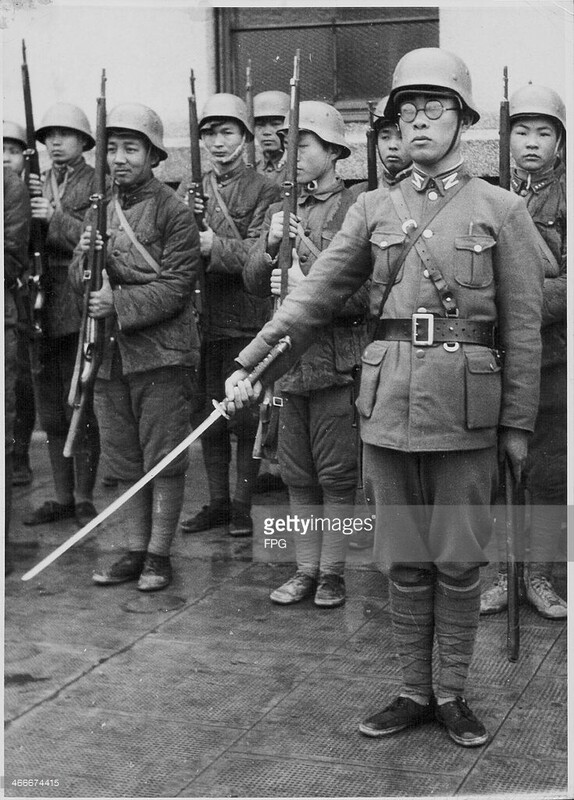


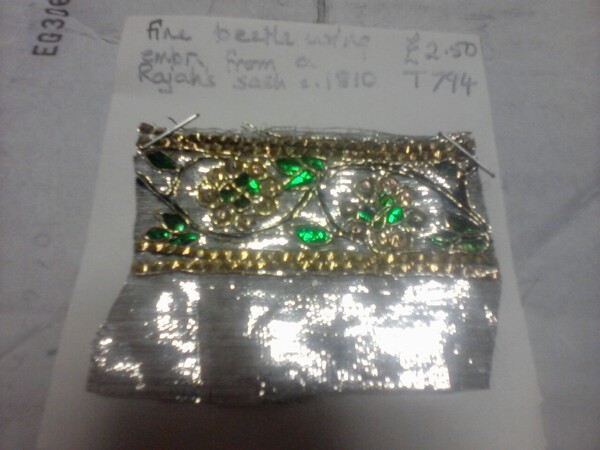
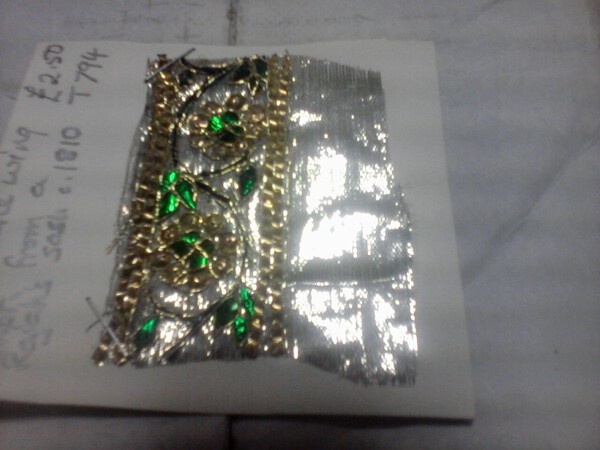
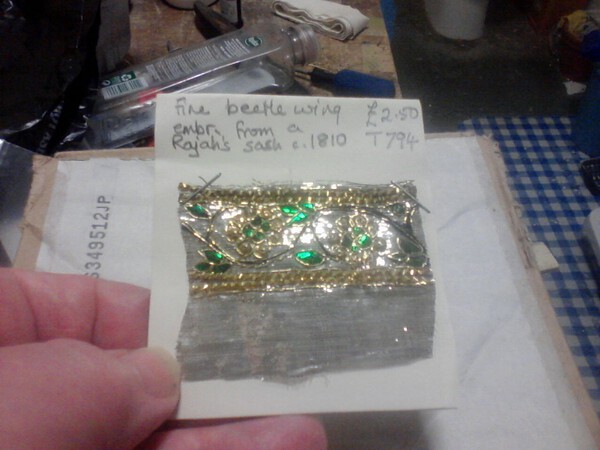



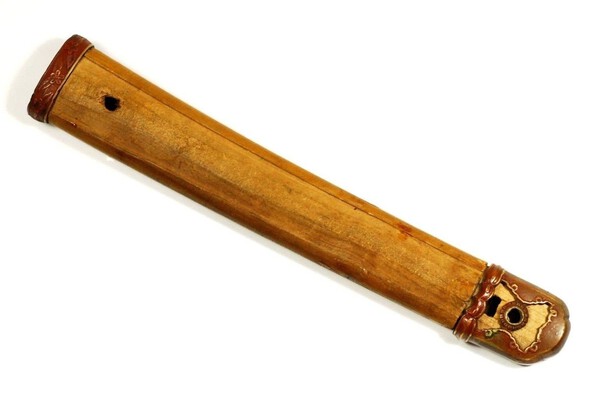
.thumb.jpg.dd9fd1073e7962e174d0844d78b71fdc.jpg)
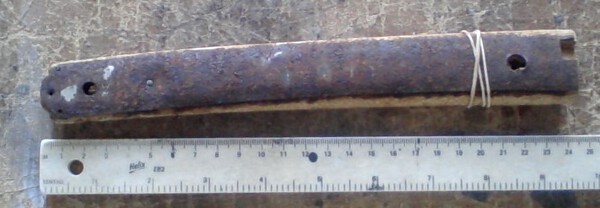

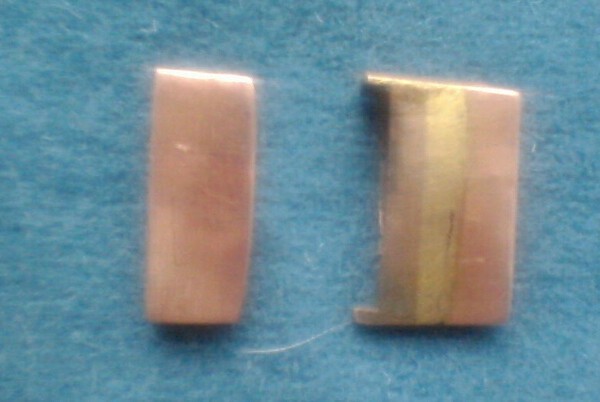
.thumb.jpg.f87719fd4b197cd04bf8f80be9a54317.jpg)
.thumb.jpg.4843b6367d14b86fc3fd2a2dc187c279.jpg)
